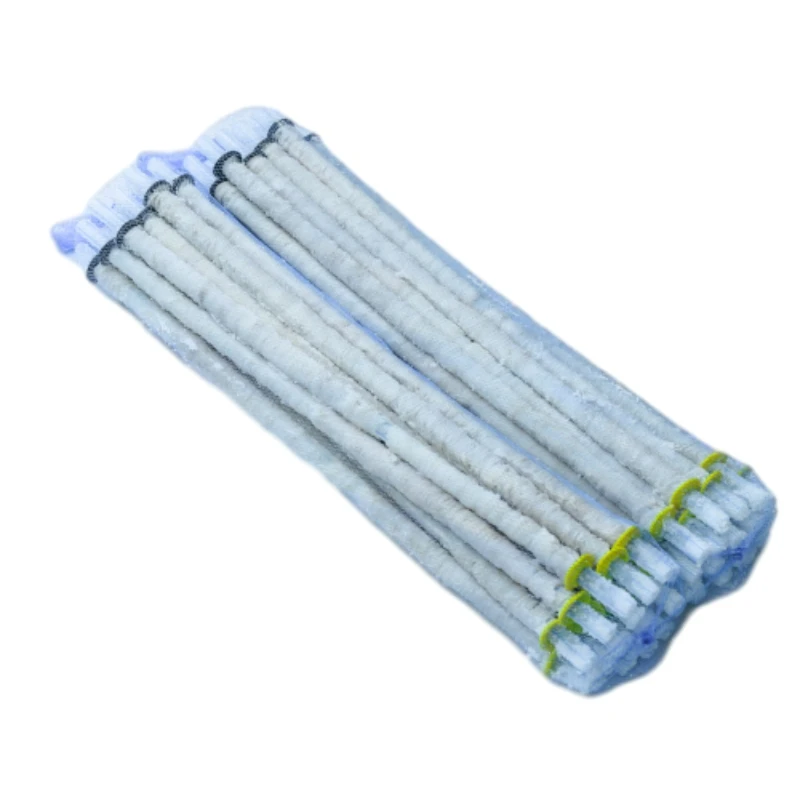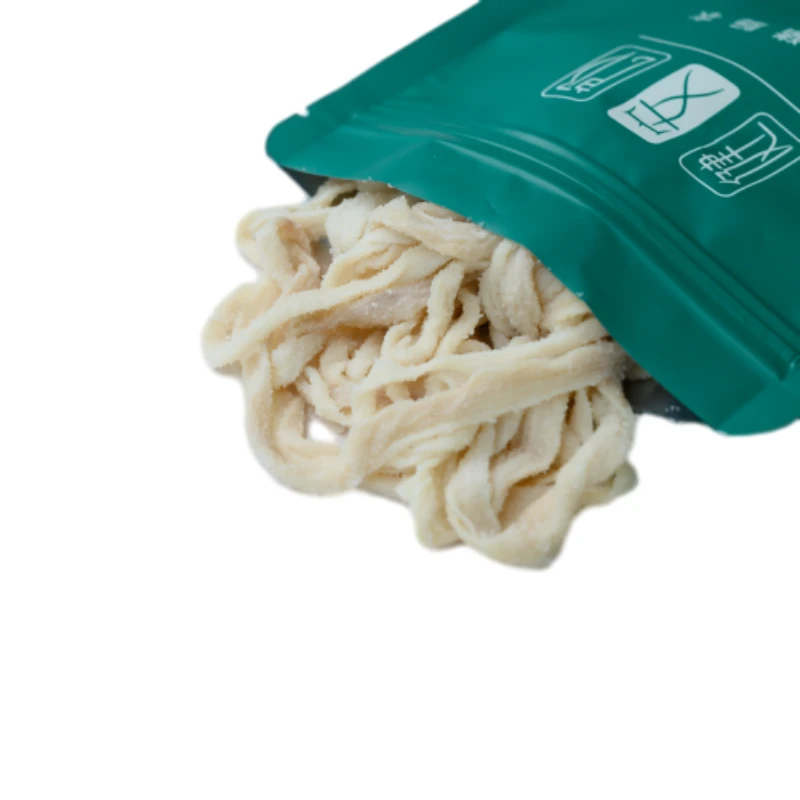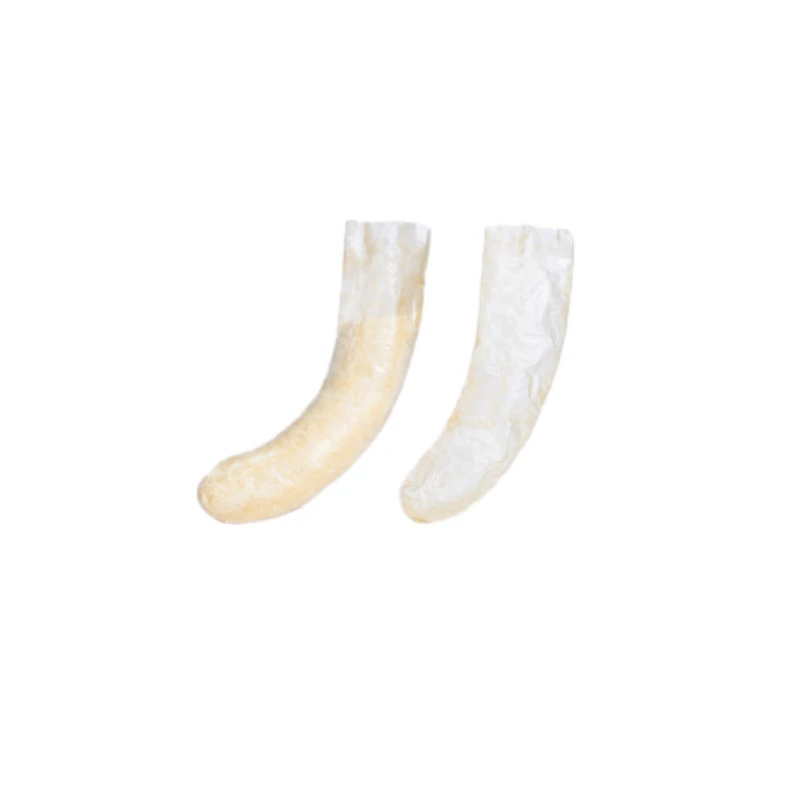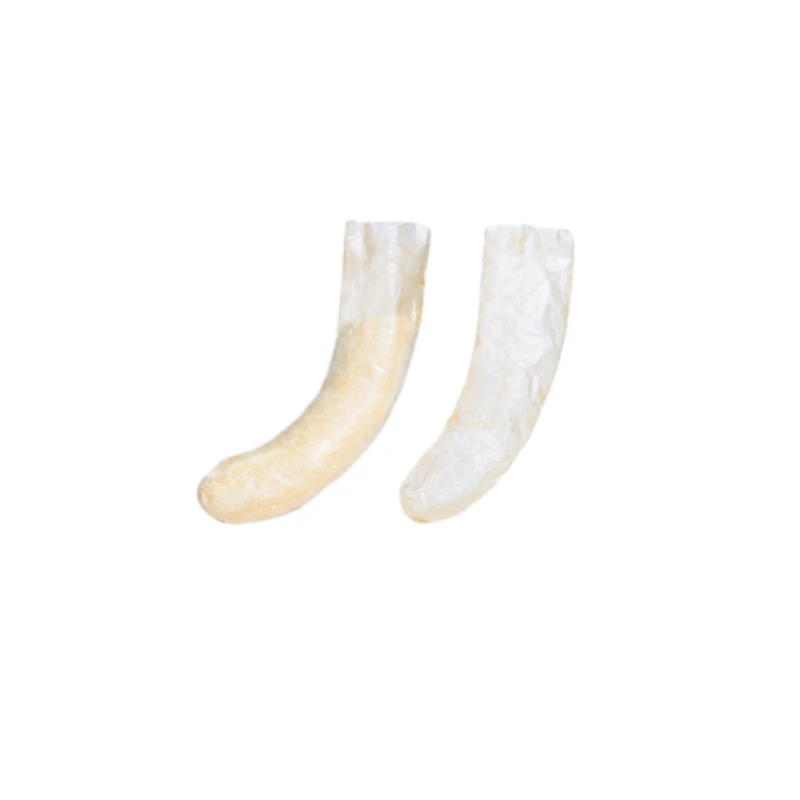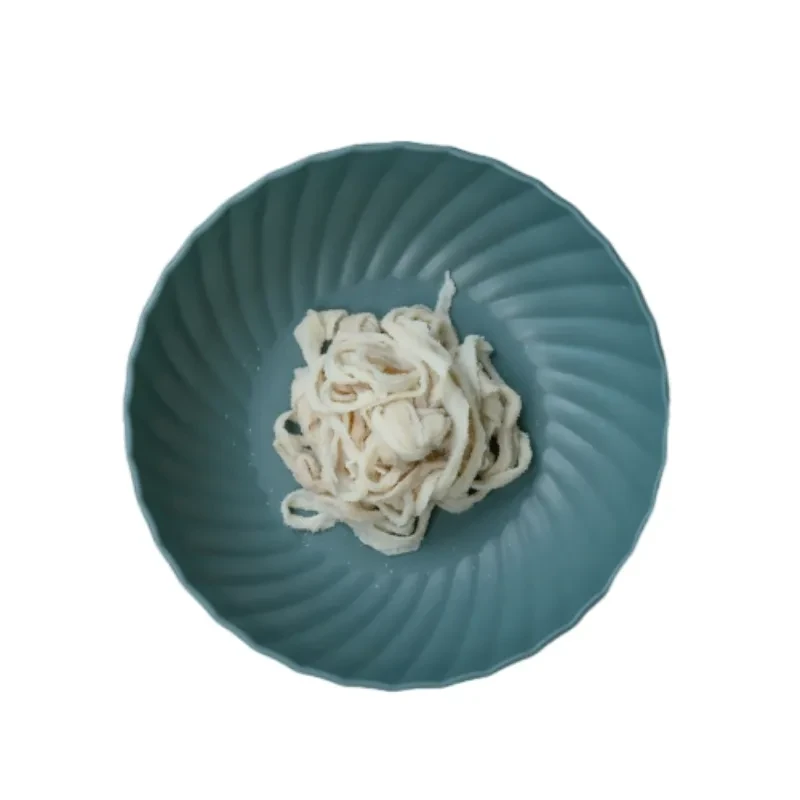Jul . 22, 2025 11:41
In the intricate web of the food processing industry, the quality and safety of sausage casings serve as the cornerstone for ensuring consumer well - being. Sausage casing manufacturers and sheep casing manufacturers shoulder the significant responsibility of guaranteeing that the casings utilized in sausage production are pristine, secure, and devoid of any contaminants. A shining example in this regard is Runtai(hebei) casings co., ltd. Since its establishment in July 2003, this company has been specializing in processing sausage casings, primarily for export. As a respected member of the International Natural Sausage Casings Association and a designated factory for importing, exporting, and processing overseas casings, Runtai(hebei) casings co., ltd has set a high bar when it comes to hygiene standards. Nestled in the west of Shunping County, with the Baofu Road nearby to the west, it enjoys convenient transportation and is surrounded by beautiful scenery. Spanning an area of about 13,000m², the company's facility encompasses a 1,500m² workshop and an 800m² cold storage with a capacity of 1,200 tons. With a workforce of 200 employees, including 170 skilled workers and 30 management staff holding academic diplomas, Runtai(hebei) casings co., ltd leverages these resources, along with strict hygiene protocols, to ensure its products meet the highest quality and safety benchmarks.
Importance of Hygiene Protocols for Sheep Casing Manufacturers
- Ensuring Food Safety: For sheep casing manufacturers and salted hog casing suppliers, the most compelling reason to adhere to stringent hygiene protocols is to safeguard food safety. Contaminated casings can act as carriers for harmful bacteria, parasites, or other pathogens, introducing these threats into sausages and posing a serious risk to consumers. By scrupulously following proper hygiene practices, these manufacturers can erect a barrier, preventing contaminants from infiltrating the production process and protecting the health of those who will ultimately consume the final products.
- Maintaining Product Quality: Hygiene protocols are also instrumental in upholding the quality of the casings. Clean and meticulously processed casings exhibit superior texture, appearance, and functionality. A sheep casing manufacturerthat adheres rigorously to hygiene standards will produce casings with consistent quality, a trait highly prized by customers. This, in turn, serves to enhance the manufacturer's reputation in the market, fostering long - term success.
- Meeting Regulatory Requirements: The food industry is governed by a plethora of regulations and standards related to hygiene and safety. Sausage casing manufacturersand sheep casing manufacturers must comply with these requirements to operate legally and engage in international trade. Runtai(hebei) casings co., ltd, with its designation for international trade, understands that hygiene protocols are the bedrock of regulatory compliance.
Raw Material Handling Hygiene in Sheep Casing Manufacturing
- Sourcing Clean Raw Materials: A trustworthy sheep casing manufacturerbegins the production process by sourcing clean and healthy raw materials. Sheep intestines should originate from healthy animals that have undergone proper slaughtering and inspection procedures. Similarly, salted hog casing suppliers and sausage casing manufacturers must ensure that the raw materials they procure are of the highest quality. By collaborating with reliable suppliers and conducting regular quality checks, manufacturers can mitigate the risk of commencing production with contaminated materials.
- Proper Storage and Transportation: Once sourced, the raw materials must be stored and transported under optimal conditions. Sheep intestines need to be kept at the appropriate temperature to inhibit bacterial growth. They should also be stored in clean containers and transported in vehicles that are regularly cleaned and sanitized. This meticulous approach ensures that the raw materials remain in prime condition until they reach the manufacturing facility, minimizing the likelihood of contamination during transit.
Production Process Hygiene for Sheep Casing Manufacturers
- Clean and Sanitized Equipment: All equipment utilized in the production of sheep casings, such as cleaning machines, sorting tables, and cutting tools, must undergo thorough cleaning and sanitization before and after each use. This requirement extends to the equipment used by sausage casing manufacturersand salted hog casing suppliers as well. By eliminating any residues, bacteria, or other contaminants from the equipment, manufacturers can effectively prevent cross - contamination between different batches of casings.
- Controlled Production Environment: The production area must be maintained as a clean and controlled environment. This entails keeping the area free from dust, debris, and pests. Temperature and humidity levels should also be regulated to create an inhospitable environment for microorganisms. Workers should don appropriate protective clothing, including gloves, aprons, and hairnets, to minimize the risk of introducing contaminants into the production process.
|
Hygiene Aspect |
Requirements |
Importance |
|
Equipment Cleaning |
Thorough cleaning and sanitization before and after use |
Prevents cross - contamination |
|
Production Environment |
Clean, dust - free, pest - controlled, regulated temperature and humidity |
Inhibits microorganism growth |
|
Worker Hygiene |
Use of protective clothing |
Minimizes human - introduced contaminants |
Cleaning and Disinfection Protocols for Sheep Casing Manufacturers
- Regular Cleaning Schedules: Sheep casing manufacturersshould establish comprehensive cleaning schedules for all areas of the production facility, including workshops, storage areas, and restrooms. Daily cleaning of work surfaces, floors, and equipment is non - negotiable. Additionally, deep cleaning should be conducted on a weekly or monthly basis to eliminate any stubborn dirt or contaminants.
- Effective Disinfection Methods: In addition to cleaning, proper disinfection is essential. Manufacturers should employ approved disinfectants that are effective against a wide spectrum of bacteria, viruses, and other pathogens. Disinfection should be carried out after each production shift and immediately following any spills or accidents. This diligent approach ensures that the production facility remains a clean and safe haven for producing high - quality casings.
Sheep Casing Manufacturer FAQS
Why is Worker Hygiene So Important in Sheep Casing Manufacturing?
Worker hygiene holds paramount importance in sheep casing manufacturing, as well as in the operations of sausage casing manufacturers and salted hog casing suppliers. Workers are the frontline participants in the production process, and if they fail to maintain proper personal hygiene, they can easily introduce contaminants, such as bacteria from their hands or clothing, into the casings. This can trigger food safety issues and result in a decline in product quality. By adhering to strict hygiene standards, workers play a crucial role in ensuring that the casings remain clean and safe for use in food production.
How Often Should Equipment in a Sheep Casing Manufacturing Facility Be Cleaned?
Equipment in a sheep casing manufacturing facility, as well as in facilities operated by sausage casing manufacturers and salted hog casing suppliers, should be cleaned thoroughly before and after each use. This includes removing any residue from the previous batch of casings and eliminating dirt or debris that may have accumulated during production. For equipment that is used frequently, additional cleaning during the production shift may be necessary to prevent the build - up of contaminants. Regular cleaning not only helps maintain product quality but also extends the lifespan of the equipment.
What Are the Consequences of Not Following Hygiene Protocols for Sheep Casing Manufacturers?
Failure to follow hygiene protocols can have far - reaching and severe consequences for sheep casing manufacturers and salted hog casing suppliers. It can lead to the production of contaminated casings, which, when used in food products, can cause foodborne illnesses in consumers. This, in turn, can result in product recalls, irreparable damage to the manufacturer's reputation, and potential legal liabilities. Moreover, non - compliance with hygiene regulations can lead to fines, business closures, or the loss of export licenses, especially for companies like Runtai(hebei) casings co., ltd that are involved in international trade.
Can Hygiene Protocols Improve the Shelf Life of Sheep Casings?
Yes, hygiene protocols can have a profound impact on improving the shelf life of sheep casings. By effectively preventing the growth of bacteria and other microorganisms during the production process, sheep casing manufacturers and salted hog casing suppliers can ensure that clean and hygienically processed casings are less prone to spoilage. This means that the casings can be stored for extended periods without sacrificing their quality, providing significant benefits for both manufacturers and consumers.
Where Can I Source High - Quality Sheep Casings Manufacturers?
For those seeking high - quality sheep casing manufacturers , look no further than Runtai(hebei) casings co., ltd. With its long - standing expertise in the industry, commitment to hygiene protocols, and state - of - the - art facilities, this company is a reliable source for top - notch casings. Visit their official website to explore their product offerings, learn more about their manufacturing processes, and discover how their products can meet your specific needs.


